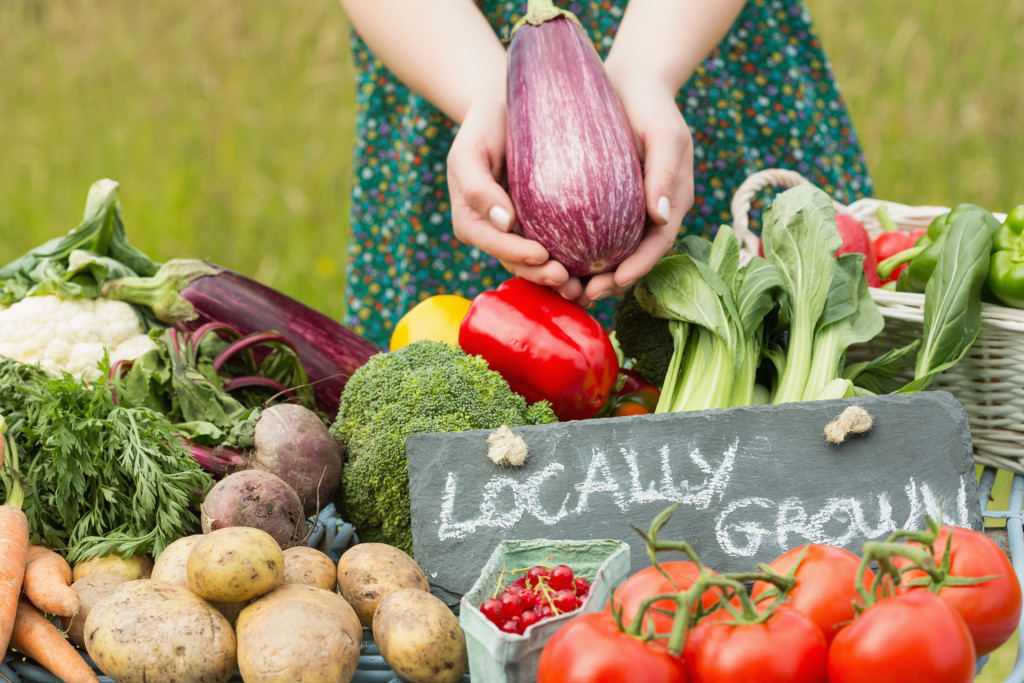• Donating unsold goods is a great way to reduce waste while helping those in need.
• Small food businesses can support other startups by offering advice, sharing connections, and selling unused kitchen equipment.
• Partnering with non-profits is a great way to raise awareness about important causes while providing valuable exposure for your business.
• Supporting your local community is the best way to ensure everyone benefits from your success.
There are many ways that food businesses can give back to the local communities. Whether you’re a small bakery, farmer’s market stand, or restaurant, your business can use its resources to do more than turn a profit. After all, you don’t just do business to make money—you do it to serve your community. Here are some tips for supporting your small food business’s local community:
Donate Unsold Goods
It’s not uncommon for small food businesses to have excess inventory at the end of the day. Rather than throwing out unsold goods, see if an organization in your community could use them. Donating unsold items is a great way to reduce waste while helping those in need.
Common Unsold Goods in a Restaurant
Small restaurants usually have excess prepared food inventory that must be thrown out after the day ends. If you’re a small restaurant owner, talk to a local shelter or charity about donating unsold food. Common unsold items include:
- Extra bread, muffins, and pastries
- Unused portions of cooked meats and fish
- Leftover sauces and dressings
- Prepped vegetables (like chopped onions)
Ensure the unsold good is fresh, safe to eat, and properly stored. If these items start turning at the end of the day, it’s best to throw them out rather than donate them.
Support Other Startup Food Businesses
Not everything is a competition. When you’re a small food business owner, it’s important to remember that you can help your business by supporting other new ventures. There are ways how you can support the community in starting their own food business:
Offer Advice
If you’re a small business owner, chances are that you’ve had to overcome many challenges. Offer help and advice to other startups if they need it. Help them find resources such as books and online articles or recommend suppliers.
Share Connections
Networking is key in the food industry. Introduce new food businesses to your contacts in the industry to help them get their feet off the ground. By giving startups a chance to make the right connections, you can help them succeed and establish a strong community of food businesses. This is also a way for your community’s food business to bloom and start being a center of the local economy.
Sell Unused Kitchen Equipment
One way to support the startup of new food businesses is by selling your used kitchen equipment. You can sell them even for a low price so startups can afford them. You can, for example, sell the automatic breading machine you are not using to a business that wants to start selling fried food. This innovative kitchen equipment will help in producing products faster and easier without the cost of additional labor.
Encourage Local Growing Practices

Your business can support local communities by encouraging sustainable growing practices that promote healthy eating habits and environmental stewardship. You can do the following to achieve this:
Work with Local Farmers
Working with local farmers is one way to source ingredients responsibly while supporting local economies. This is the best way to ensure that your food is fresh and high-quality. You are also sure that local farmers will benefit from the sales. Local farmers will appreciate this initiative and be more willing to support other local businesses.
Invite Local Farmers to Your Events
You can invite local farmers to your events, such as cooking and baking classes or farm-to-table dinners. This will give them exposure and allow customers to learn about their food’s origins. It will be a great way to build relationships with the local farming community and ensure everyone benefits from your business’s success.
Partner with Non-Profits
This collaboration helps raise awareness about important causes while providing valuable exposure for your business. It’s also a great way to build relationships with customers who may be more inclined to frequent your business for future purchases due to their positive experience at the event or fundraiser. Here are things that non-profits can do for your community:
- Organize food donation drives
- Help in providing educational programs on health and nutrition
- Support the conservation of local wildlife or wilderness areas
- Assist low-income families by helping them access affordable, nutritious foods

Running a business should not only be about competing with others and who sells more but also about giving back. Supporting your local community with your small food business is one of the best ways to ensure everyone benefits from your success. By supporting your community, you are also helping create a better and stronger food industry that will benefit everyone in the long run.


